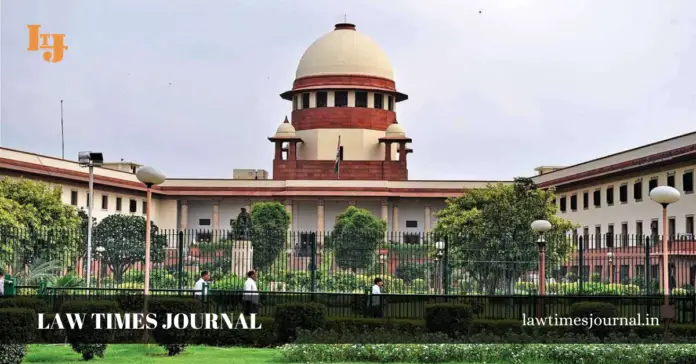
On 19th August 2021, The Hon’ble Supreme Court adjourned a plea filed by the Embassy of the Islamic Republic of Afghanistan for six weeks after a request was made by the Embassy’s Counsel in wake of the current situation in Afghanistan due to the Taliban’s takeover.
Citing the regime change in the country after the Taliban takeover and the overall state of turmoil and unrest across the country, Advocate Ejaz Maqbool sought for an adjournment to get further instructions from Afghanistan’s Embassy and Ambassador in New Delhi.
The Division Bench which comprised of Justice Vineet Saran and Justice Dinesh Maheshwari asked the counsel whether six weeks’ time would be enough considering the current situation in the country. Advocate Eijaz Maqbool responded that “we should pray for our neighbouring country and hope that the situation stabilizes soon”.
The current case filed by the Embassy of the Islamic Republic of Afghanistan involves a special leave petition challenging the Delhi HC’s order dated June 18th, 2021 approving the execution petition filed against the Embassy for the enforcement of the arbitral award.
The Court also gave directions to the embassy to deposit the award amount [Rs. 1,72,65,000 / – as of May 6, 2021] within four weeks to the Registrar General of the Delhi High Court and also file the affidavit of assets on the date of the cause of action, the date of Impugned as well as the date of the award within 30 days.
As a temporary relief, the embassy sought an ex-parte ad-interim stay of the arbitral award passed by the sole arbitrator and the execution proceeding which were pending before the Delhi High Court.
The dispute arose between the two parties that are the Embassy of the Islamic Republic of Afghanistan and the KLA Const. Technologies Pvt. Ltd. over a contract for the rehabilitation of the Afghan embassy.
The embassy asserted the fact that since the respondent had performed only 40% of the work in accordance with the contract and failed to complete the work on time, the embassy then was left with no other choice but to engage with another contractor for the rehabilitation work of the embassy.
After a sole arbitrator was appointed by the HC on an application filed by the respondent, he issued an order in favour of the claimant which was sought to be enforced by them by moving the high court in Delhi.
According to the Afghan Embassy, since the seat of arbitration was Kabul, in Afghanistan, Part I of the Act does not apply and therefore no execution petition can be filed under Section 36 before the Delhi High Court.The embassy argued before the high court that all the proceedings, in this case, were proceeded ex parte, as it did not appear after it was advised that the curial law under this agreement was Afghan Law and hence the Indian courts had no jurisdiction over it.








